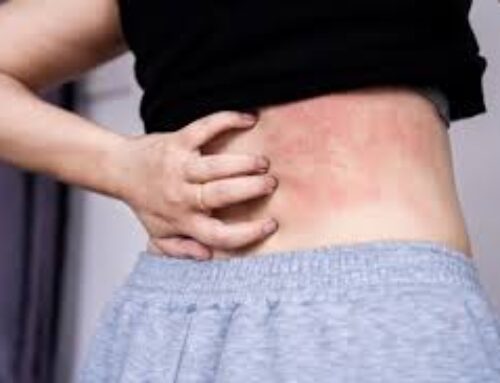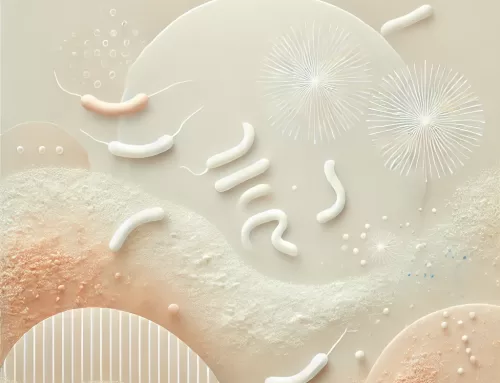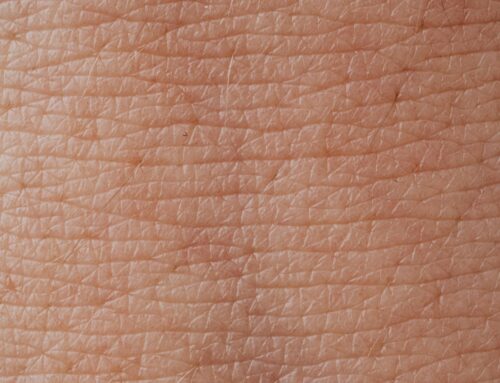Stress is an unavoidable part of life, and while it can be a motivator in short bursts, chronic stress can lead to various negative impacts on the skin. Many common skin conditions are either triggered or exacerbated by stress, causing flare-ups that affect both your appearance and overall skin health. Whether it’s acne, rosacea, eczema, or psoriasis, stress often plays a major role. Let’s dive into several skin conditions that are closely linked to stress and offer insights on managing both your skin and stress levels.
Acne and Stress: A Breakout Waiting to Happen
When you’re stressed, your body produces more cortisol, a hormone that can increase oil production in your skin. Excess oil clogs pores, creating the perfect environment for acne. Stress also increases inflammation, which can make breakouts more severe. For individuals already prone to acne, stress can turn a minor pimple into a full-blown flare-up. Additionally, stress may lead to behaviors like skin picking, which can worsen acne and increase the likelihood of scarring.
Managing stress through mindfulness techniques, such as yoga, meditation, and regular exercise, can help reduce flare-ups. Pairing stress management with targeted acne treatments, such as salicylic acid or benzoyl peroxide, can help keep breakouts under control.
Explore Acne Treatments: Learn more about controlling breakouts on our acne page.
Rosacea: Flare-Ups Triggered by Stress
Rosacea is a chronic skin condition characterized by facial redness, visible blood vessels, and sometimes small, pus-filled bumps. Stress is a well-known trigger for rosacea because it dilates blood vessels, leading to the characteristic flushing associated with the condition. Stress also weakens the skin barrier, making it more sensitive to environmental triggers like heat, cold, or spicy foods.
Reducing stress is key to minimizing rosacea flare-ups, and methods like deep breathing, meditation, and regular sleep patterns can help manage both your stress and rosacea. Alongside stress management, treatments such as topical creams, laser therapy, or antibiotics can reduce redness and inflammation.
Learn More About Rosacea: Visit our rosacea page to discover treatments that can help soothe redness and prevent flare-ups.
Eczema and Stress: An Itchy, Irritated Response
For individuals with eczema, stress can lead to red, itchy, and inflamed skin. Stress releases chemicals in the body that can provoke inflammation, weakening the skin’s protective barrier and making it more vulnerable to external irritants. This creates a frustrating cycle—eczema flare-ups cause stress, which in turn makes the eczema worse.
Moisturizing the skin with products rich in ceramides to restore the skin barrier, combined with stress-reducing practices like mindfulness, can help manage eczema. Finding time to relax and practicing stress-reducing activities like yoga or deep breathing can significantly reduce flare-ups.
Explore Eczema Treatments: Learn how to manage eczema-prone skin with tips and treatments from our eczema page.
Psoriasis: A Stress-Triggered Autoimmune Response
Psoriasis is an autoimmune condition that causes the skin to overproduce cells, leading to thick, scaly patches. Stress weakens the immune system, causing the body to respond with increased inflammation, which triggers psoriasis flare-ups. Stress management is key to reducing the frequency of these flare-ups. Regular exercise, therapy, and relaxation techniques can all help lower stress levels, reducing psoriasis symptoms.
Combining stress management with psoriasis treatments like topical creams, light therapy, or systemic treatments can significantly improve the skin’s condition.
Learn More About Psoriasis: Visit our psoriasis page to explore options for managing stress-induced psoriasis flare-ups.
Hair Loss: Stress and Your Scalp
Chronic stress can also lead to hair loss, specifically telogen effluvium, a condition where stress causes hair follicles to prematurely enter a resting phase. This leads to noticeable hair shedding, often following periods of extreme emotional or physical stress. While stress-induced hair loss is usually temporary, it can still be distressing. Reducing stress through lifestyle changes, such as incorporating mindfulness practices and maintaining a balanced diet, can help prevent hair loss. Additionally, treatments like minoxidil can be used to encourage regrowth,
Explore Hair Loss Solutions: Find out more about treatments for stress-related hair loss on our hair loss page.
Conclusion: Stress and Skin—Finding Balance for Better Health
The connection between stress and skin health is undeniable, but by managing stress, you can improve the appearance and health of your skin. Whether you are dealing with acne, rosacea, eczema, psoriasis, or hair loss, reducing stress—alongside using the appropriate treatments—can keep your skin balanced and healthy. Explore the links above to learn more about how to manage each condition and find the right solutions for your skin.
Sources:
- American Academy of Dermatology: How Stress Affects Your Skin, aad.org
- Healthline: How Stress Affects Acne, healthline.com
- Medical News Today: Stress and Eczema, medicalnewstoday.com





